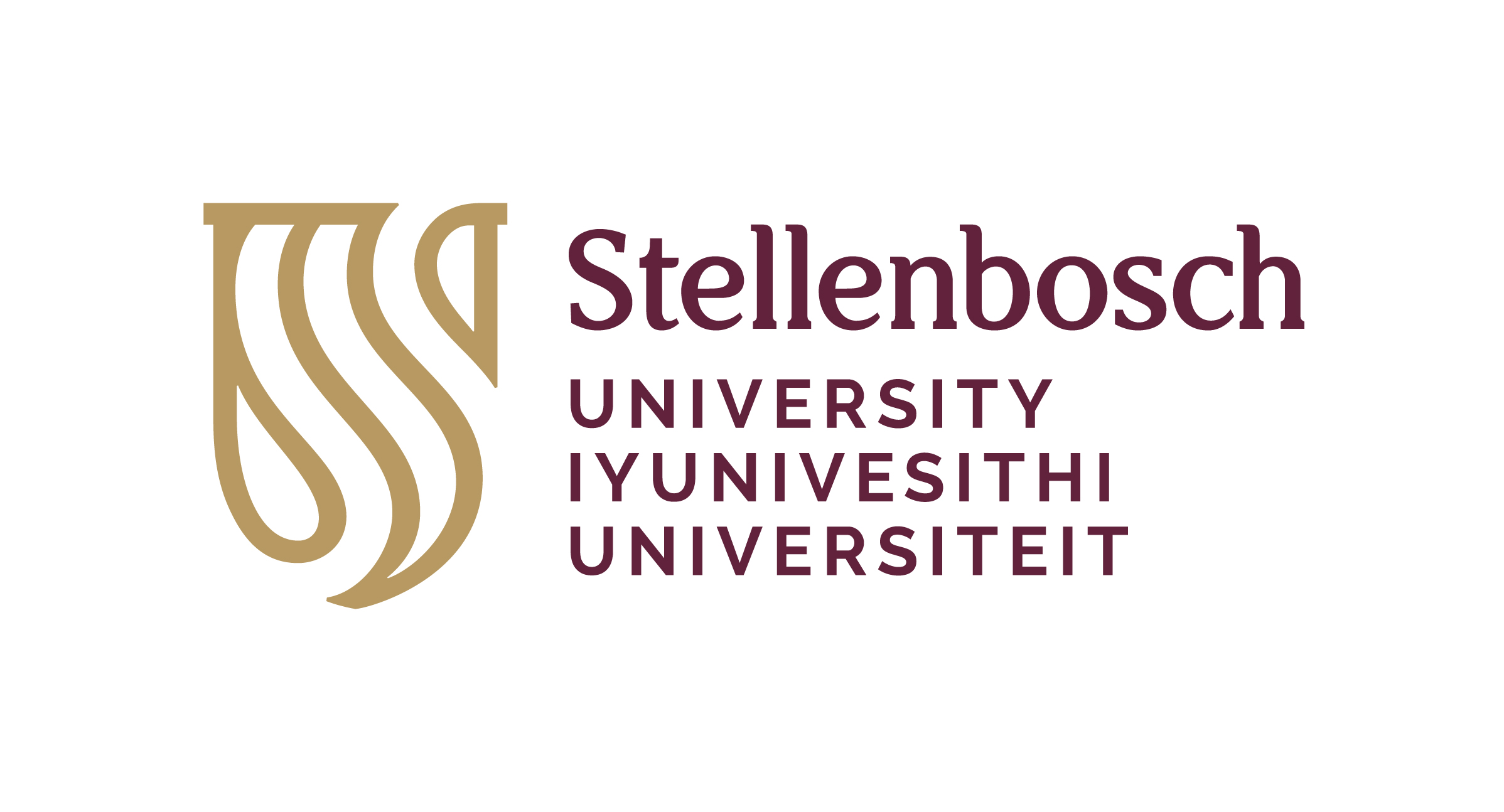“Engineering fourth year”-a local South African studying at the University of Stellenbosch and the journey of engineering life specifically the journey of engineering, fourth and final year!
Two periods off before lunch in a week, tutorials on three of my five afternoons, tut reports coming thick and fast as well as work that’s often challenging to grasp. I just want to exercise.
I write to you, Dear Reader, with the first term of fourth year complete, nine weeks of madness and six semester tests in seven days. Taking a break over Easter hasn’t been more deserved, and it has allowed me to reflect on the schedule, commitment and relational changes I have had to make to successfully reach this point in the year without “burning myself out”.
The change from third to fourth year has been intense to say the least with a change in focus of the modules to a more practical nature and a bigger focus on the outcomes of writing reports, researching and working on your own.
I noticed early on in the term that a change in strategy from last year is definitely required and a look at what absorbs my time as well as strategies to better use my time would be necessary.
Weekly and daily commitments are obligations that usually result in the greatest cost of potential opportunities for daily engineering work as the regularly make use of productive time periods. The majority of these commitments would belunch time and early morning meetings.
Early morning commitments lead invariably to less sleep and an earlier bedtime being required, there’s a limit to the help caffeine can have regarding concentrating in class-and that is if the lecturer is happy with you drinking coffee in class
Lunch time meetings lead to a slightly different opportunity cost. One is either able to head to the meeting and be productive in that sense, have a break and relax to enjoy some lunch or be academically productive and attempt the days tutorial or revise work.
When evaluating current commitments it’s important to look forward and be conscious of what would be most appropriate with regards to, your physical well-being or academic performance.
Personally I found that the mid-week commitments I should continue with are those that will have a lasting impact. This could be for my future or for the future of others, but the benefits will be long-term. Sometimes as much as it is amazing to meet up with a new committee regarding online computer gaming society, it may be more beneficial to catch-up with my unfinished design tutorial from the week before and analyse the class notes so that I can understand the current topic better.
A big challenge for me personally has been how to spend my relational time, and with whom? Living in the same town as the majority of your friends and class mates definitely facilitates friendship and bonding. Now though, in final year, how much of my relational time should be spent exploring new friendships and deepening current ones?
This was the quandary I was placed in when deciding upon who to invite to my 21st Birthday party. Do I see the friendship lasting for life, or do I see this new friendship developing into a life-long friendship. Unfortunately if neither of these points ring true, it may be more worthwhile spending time on the relationships where it does and hence “no invite”. This may seem obvious, but trust me, it is challenging. Placing work in front of friends or relationships is necessary at times.
Rest is important, even just some “me time” on a Saturday afternoon. With a busy week-day schedule, evening church meetings and of course homework it is vitally important to put time aside for yourself. Going for a run or even putting on some good relaxing music when back at home is vital to be able to continue the day and evening of work that invariably awaits.
Change your scenery. This last tip is also something I realised recently after planning on working on an assignment after class. It was Friday lunch time and having just had the lovely five lectures in a row I decided to go back to my flat for lunch and take a nap-realising that the assignment I needed university software for, wouldn’t be completed in an hour. Two hours later I was back at the faculty, refreshed and energised, completing my project before supper.
Power naps, as I like to call them, are a skill and most certainly help with fatigue. Even having my eyes shut for 15 minutes can do wonders for processing of the days’ activities and storing of energy reserves for later. Try it.
Lastly on a more serious note. A mental or “Nervous Breakdown” is a reality. Studies show that 1 in 20 will experience one. (http://www.thenaturalrecoveryplan.com/articles/breakdown-or-breakthrough.html). Being conscious of the cause and aware of symptoms in yourself and in friends is vitally important to not only your studies but preparing ourselves for life and the working world that awaits.
Now to Term 2, trusting this will be a short, blessed and productive one! #engineeringfourthyear




